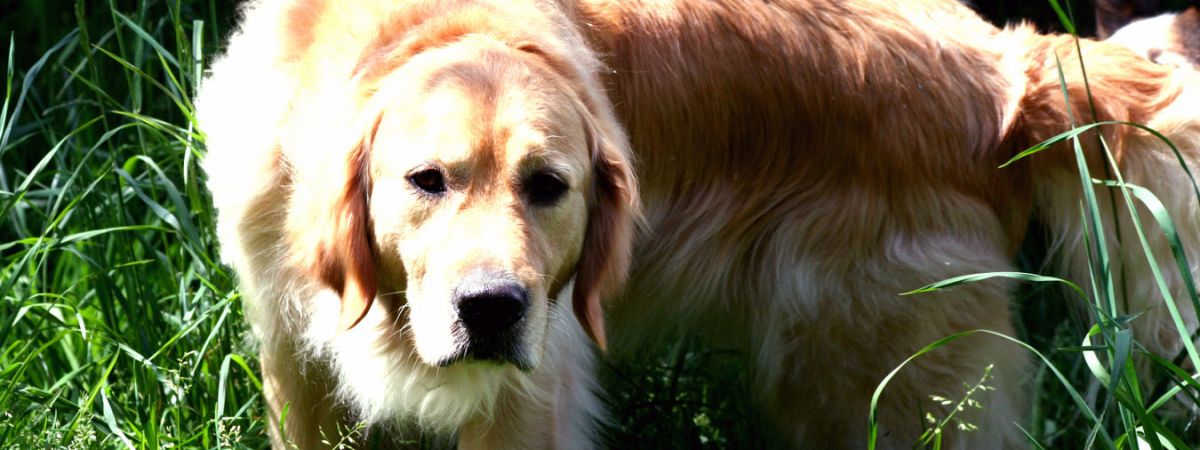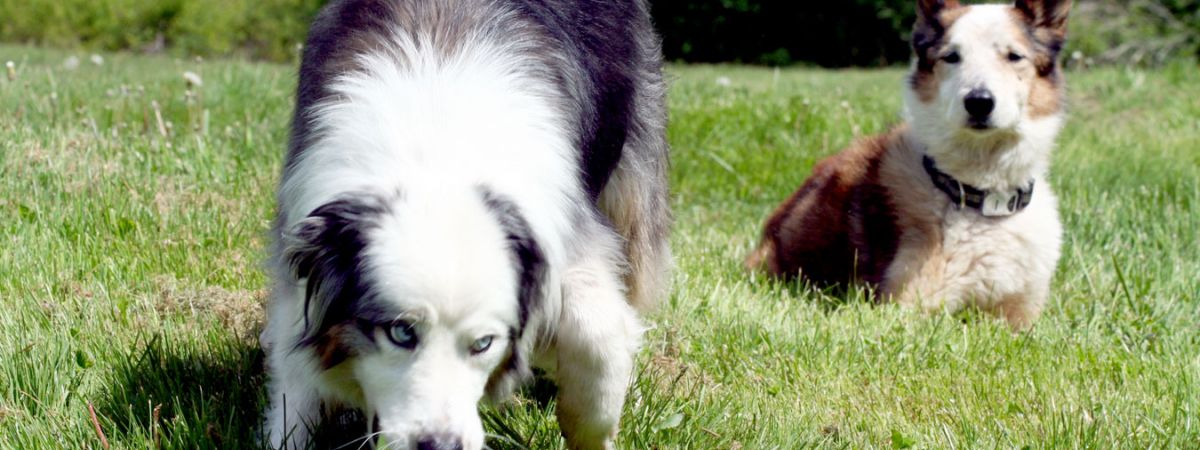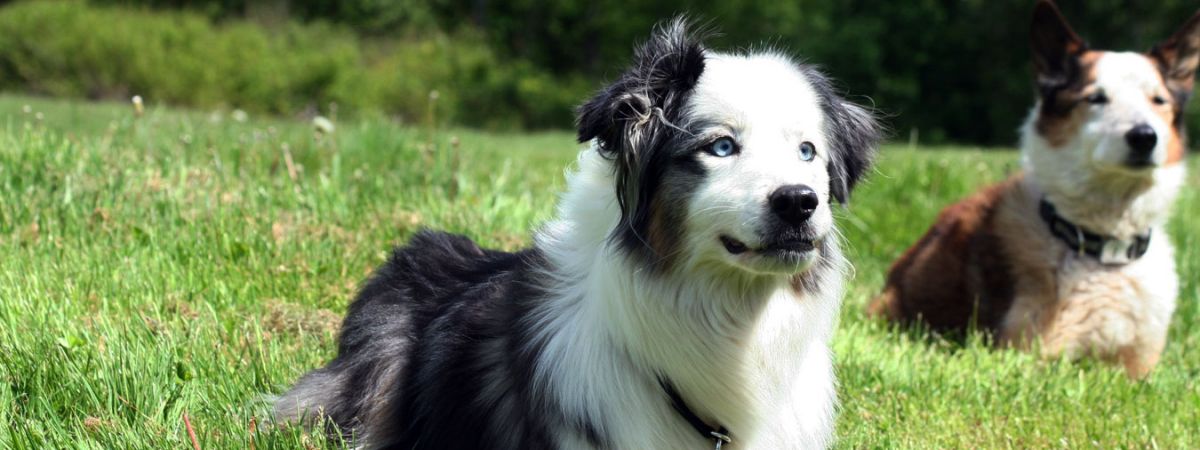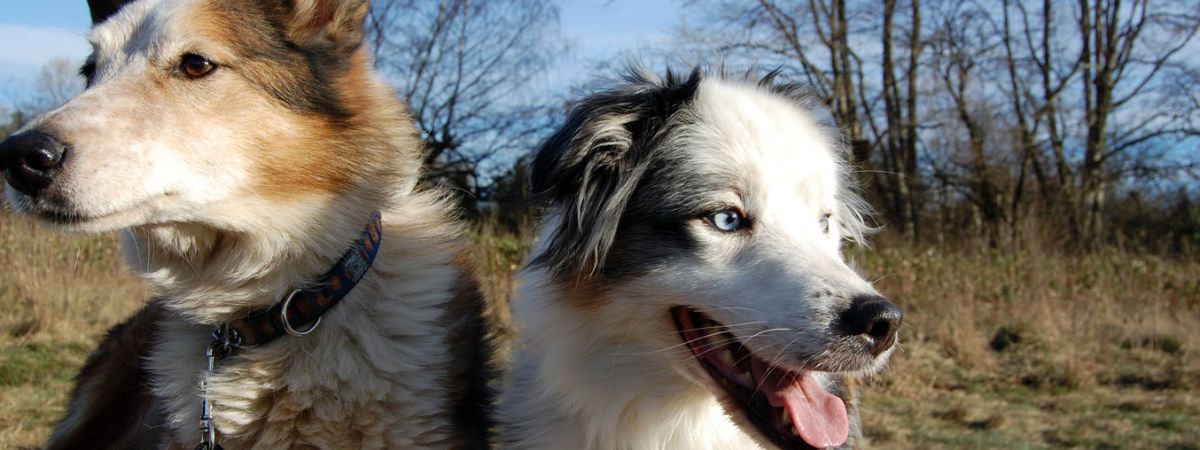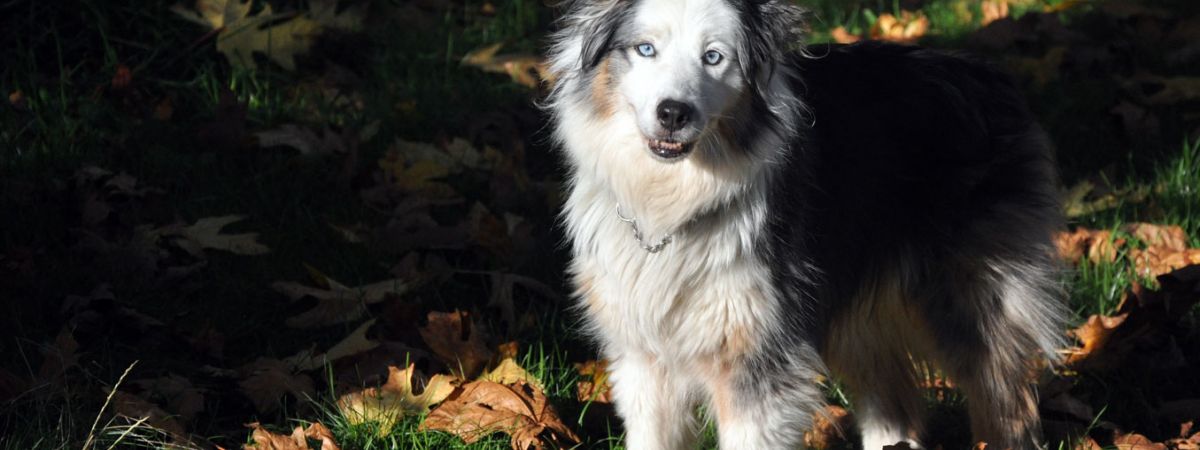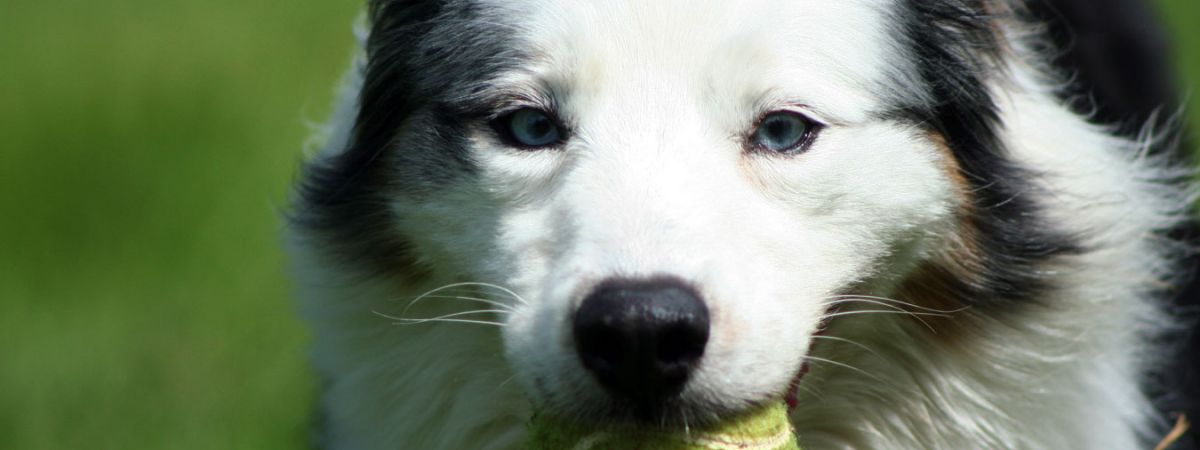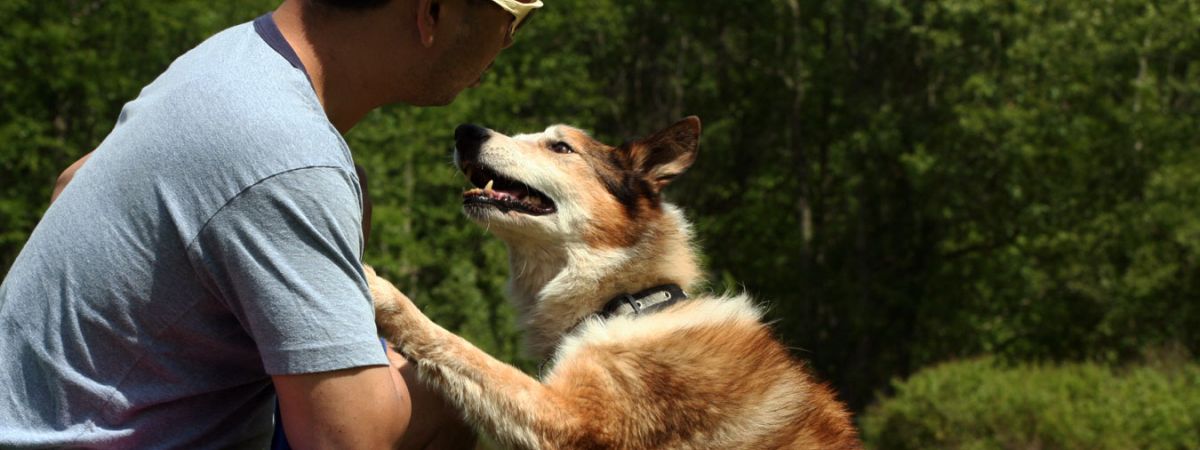Socializing Your Dog
Socialization is one of the most important aspects in having a well-behaved dog. Those who are not socialized properly may exhibit all sorts of behaviour problems ranging from fear and timidness, to dominant behaviour or even aggression.
If you have a puppy, this is the prime window of opportunity to properly socialize your pet. However, even older dogs, whether recently adopted or having been your pet for awhile already, can improve their socialization skills.
One of the best things you can do is to take your dog out, off of your property on a regular basis. Walks around your neighbourhood, trips in the car, bringing your dog to the park, a stroll around downtown or to the pet supply store are all great opportunities. Your dog should have the opportunity to see lots of people, dogs, bicycles and various other stimuli.
Other important things to socialize your dog with include things around the home such as household appliances, visitors, neighbourhood children and other normal daily occurrences, such as neighbours being in their yard or putting out their trash, the letter carrier, etc.
When you and your dog are together, be sure to watch your dog’s reaction carefully. For example, if you drop a heavy book on the floor and it makes a loud noise, what does your dog do? A fearful reaction would be to run and hide, a dominant reaction would be to run up and pounce on the book, and a neutral (best possible) reaction would be to walk up to the book and curiously sniff it.
No matter which way your dog responds, it’s your reaction that will help reinforce or correct your dog’s behaviour. If your dog is hiding from or attacking the book, you’ll want to teach him that this is not the proper response (correct “no”), and if your dog is curiously sniffing it you’ll want to reinforce with praise.
This is why obedience training is so important. By working on basic commands such as “heel,” “sit,” “down,” “stay” and “come,” your dog will already know what “no” and “good dog” mean, and it will be much easier to understand what you’re trying to teach about socialization and other things in day-to-day life. You’ll also be able to use the obedience commands to teach replacement behaviours.
For example, if your dog was hiding, an appropriate response would be for you to correct “no” and then have your dog walk past, sit, and stay near the book, followed by praise. If your dog was attacking the book, you would correct “no” and then use obedience commands to teach your dog to calmly coexist with it. Of course, a calm reaction of sniffing the book curiously should be praised lavishly.
With consistency, praise, obedience training and appropriate redirection, your dog can be a well adjusted, properly socialized pet!

